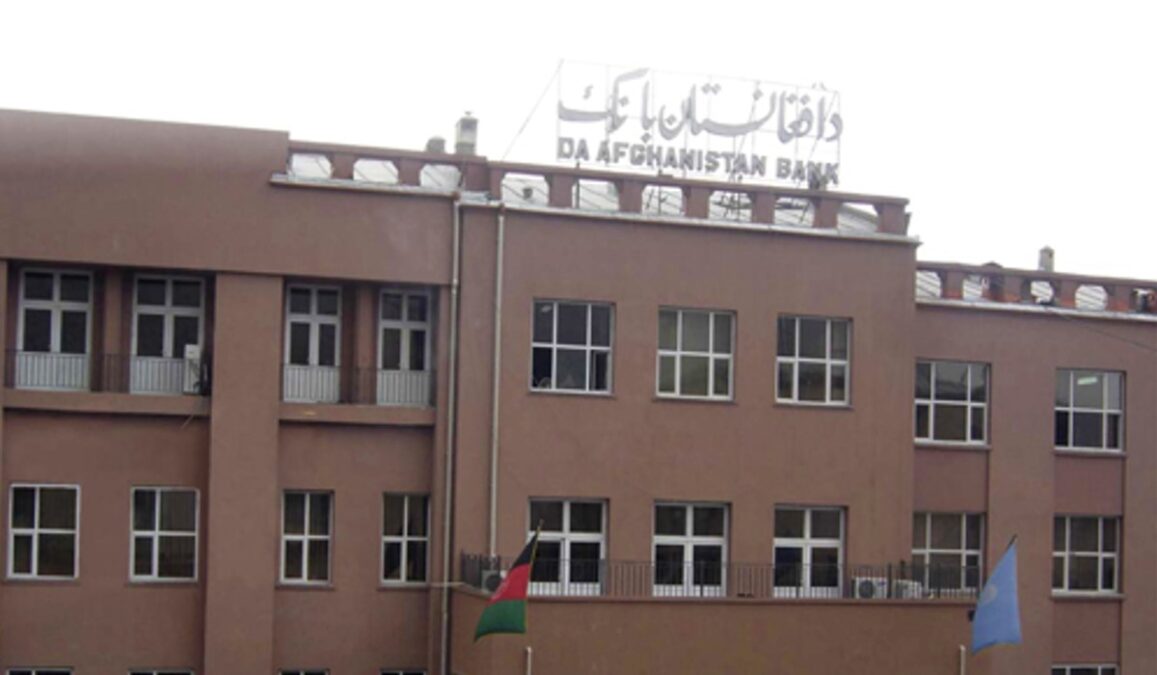An audit funded by the US and conducted on Afghanistan’s Taliban-run central bank has failed to secure Washington’s support for the release of bank assets from a $3.5 billion Swiss-based trust fund, according to two US officials and a former US official quoted in a report by Reuters.
This move could potentially ease the country’s ongoing financial crisis.
The audit, reported by Reuters, has not altered the US Treasury’s stance that the bank must implement reforms before the department can back disbursements from the Afghan Fund to Da Afghanistan Bank (DAB), the central bank.
Reuters reported that a US Treasury official, speaking on condition of anonymity, stated that DAB must demonstrate freedom from political influence and interference, necessitating professional bankers to replace the three Taliban officials currently overseeing the bank, who are under US and UN sanctions.
Furthermore, DAB must exhibit “adequate” controls against money laundering and terrorism financing and appoint a “reputable” independent monitor, the Treasury official added.
“Our assessment of DAB remains unchanged,” said one of the US officials as quoted by Reuters. All three sources, including the former US official, spoke anonymously due to the confidential nature of the matter.
The Swiss-based Afghan Fund was established last year with half of the approximately $7 billion in central bank funds frozen in the Federal Reserve Bank of New York in August 2021 after the Taliban took control of the country following two decades of war.
As the Taliban demands the return of DAB’s frozen funds, concerns in Washington and other capitals about the bank’s leadership and anti-money laundering safeguards have led to a standoff.
However, because the four-member board overseeing the trust fund requires unanimous approval for disbursements, support from its US government representative is crucial.
Experts assert that Afghanistan is entangled in severe humanitarian and economic crises, which may have been exacerbated by US restrictions limiting DAB’s ability to perform critical central bank functions, such as stabilizing exchange rates and prices.
The audit, financed by the US Agency for International Development (USAID) and conducted by an external contractor, scrutinized DAB’s controls against money laundering and terrorism financing, as well as its banking oversight and payments departments, according to an April report by the US Special Inspector General for Afghanistan Reconstruction.
Regarding the findings, Mehrabi, co-chair of DAB’s board, and Anwar ul-Haq Ahady, former DAB governor and former finance minister, stated that they would consider them once they are available, according to Reuters report.
Mehrabi emphasized that the use of Afghan Fund’s assets should prioritize stabilizing prices and ensuring adequate liquidity in banks, as the entire financial system is at risk due to declining foreign donor funds to Afghanistan.
The remaining $3.5 billion in DAB assets frozen in the United States is the subject of lawsuits against the Taliban brought by families of victims of the September 11, 2001 attacks. A US judge ruled against the plaintiffs in February, and they are currently appealing the decision.





